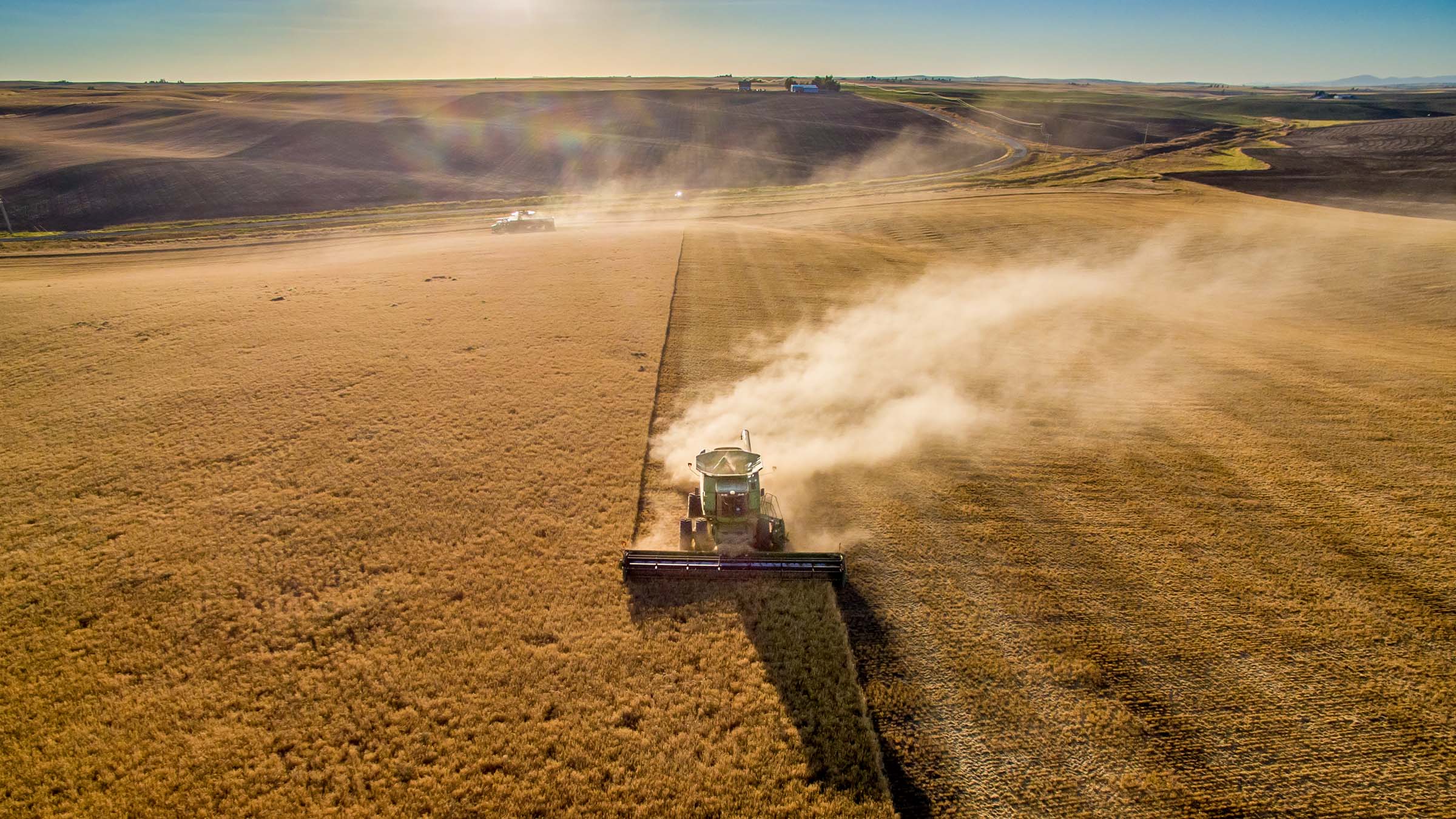Humans’ ability to forget past errors is often a tremendous asset. The inventor who persisted through tens or even hundreds of failed experiments is a staple of news accounts and history books. Personally, I would have one child and not three, but for repression of sleep deprivation. Thinking “this time it will be different” can be a virtue.
But not always. And not in particular with regard to bets on asset prices investors are sure “have to” go up. Forgetting such past bets that did not pan out can be a very serious mistake, one that can crater the balance sheet of a firm, a household or a bank.
There are three cases in the Ninth District in which bankers and regulators face the potential—so far not realized—for “this time it will be different” thinking.
One case concerns agricultural land values. These values continue to rise in real levels. Price-to-rent ratios continue to exceed records only recently made.
The second concerns the oil boom in western North Dakota and eastern Montana, which could spread to other adjacent locales. Here, too, we hear reports of and see data describing rising housing values and unprecedented demand for investment in development, supported by anticipated high rates of economic growth. (I encourage all readers to visit the Minneapolis Fed’s Bakken website for an excellent source of data on developments in that region.)
Finally, and admittedly of a different nature, bankers face the temptation to “bet” on interest rate risk. This time, some might think, funding longer-term securities with short-term money must pay off.
Fortunately, many bankers in the Ninth District have experience with or at least knowledge of agricultural land values that fell from record levels, oil boom investments that did not pan out and long-term securities that lost value as interest rates rose earlier than expected. As a result, we see in our exams and hear from bankers about the steps followed to take on risk but in a prudent fashion. I am thinking here of bankers who assume below-record land values when taking collateral or financing land acquisition or bankers who monitor and actively manage potential exposure to energy-related investments.
We fully support banks extending credit in the face of rising asset values; banks in agricultural areas or in the Bakken should make loans that depend on local activity. But doing so in a way that recalls the lessons from the past and does not assume a new world where prices always rise is perhaps the best antidote to the “this time it will be different” curse.





